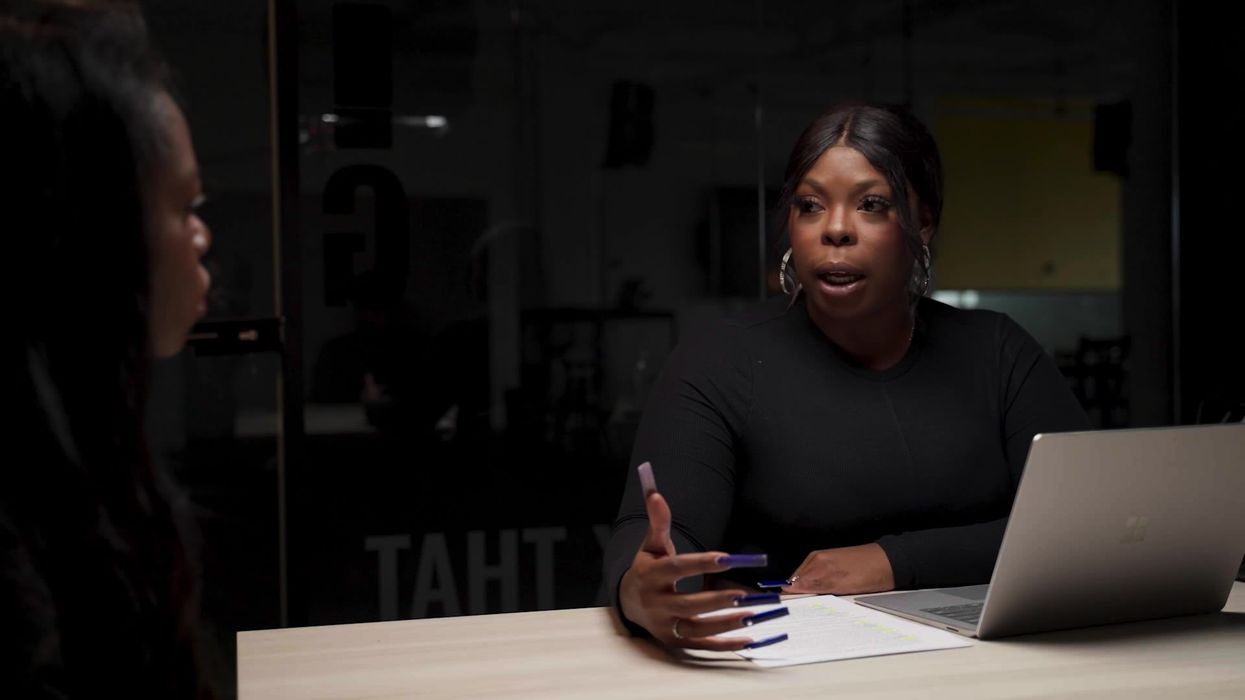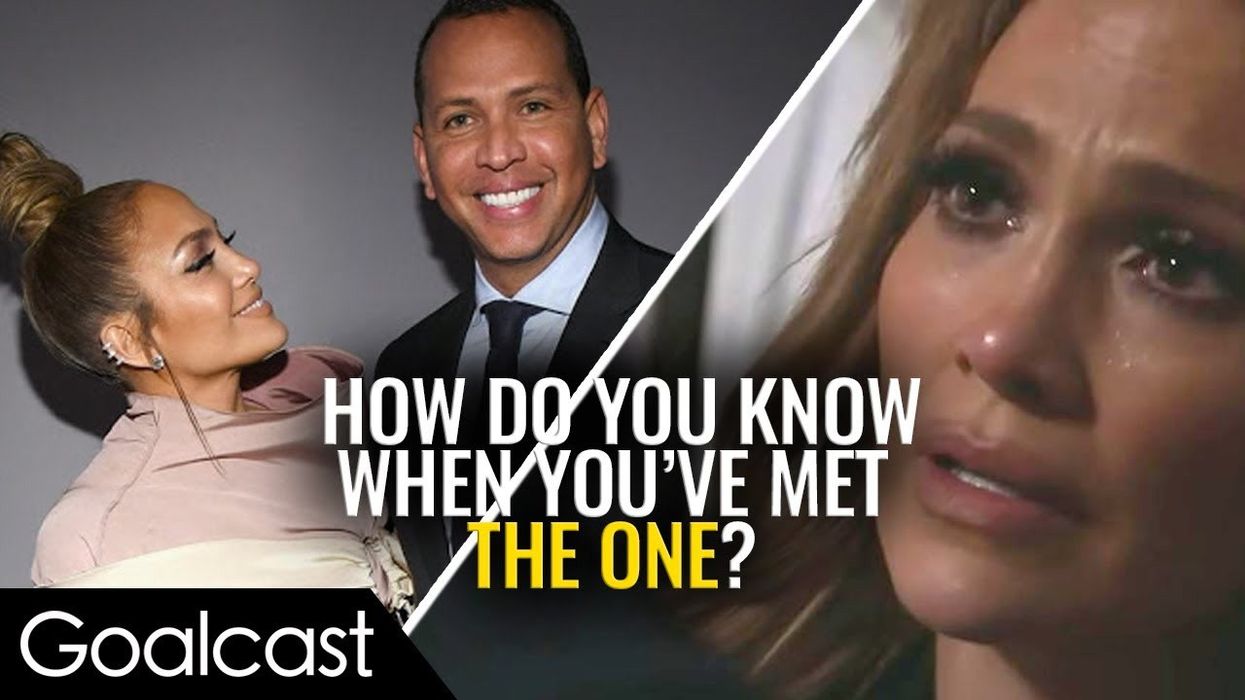
Why Being Financially Organized Can Help Your Motivation and Emotional Well-Being
There is no doubt that falling into debt is stressful. People living in the UK owe more than £1.5 trillion and the average household debt is £57,349. That’s a lot of money, so it’s no wonder that many people can’t sleep at night. The situation is not much better in other countries either. In the USA, figures released by the Federal Reserve reveal that credit card debt ballooned to $1.02 trillion in July. In both countries, the level of personal debt is such that many economists are concerned it could trigger another recession.
Why Being Financially Organized Can Help Your Motivation and Emotional Well-Being
Being broke is difficult. Money doesn’t always make us happy, but not having any money in your wallet limits what you can do. Money worries are also the major cause of stress in 35% of relationships. Without any spare cash, you can’t book a weekend away, enjoy a night out with friends, or indulge your passion for investment whether via online trading or utilizing spread betting platforms. In fact, you can’t do much at all.
Debt and mental health problems
Debt is inextricably linked to mental health problems. Falling into debt causes anxiety, depression, and stress. Unfortunately, it isn’t long before we are sucked into a vicious circle: the more we worry about debt, the harder it is to make sensible financial decisions that could get us out of debt. A 2012 survey of 10,000 households in the UK found that people with debt problems were twice as likely to suffer from mental health issues. Interestingly, though, the incidence of depression and anxiety is lower in areas where debt and financial issues are more common, as there is a greater level of community acceptance.
Intense feelings of anxiety are common among those struggling with debt. Many people feel isolated because of their debt problems. Admitting you can’t cope with your money problems often triggers a sense of shame.
A 2012 survey of 438 psychology graduate students discovered that financial worries ranked second, just below academic concerns. Many students reported feelings of shame, guilt, and denial about their money worries. With student debt soaring to £100 billion, it’s no wonder that today’s students are crippled with anxiety over their personal finances.
Small victories
Paying off your debts is key to improving your emotional well-being. Organizing your finances might seem like an impossible task when you are drowning in debt, but a Texas A&M research study found that tackling small debts first gave people the motivation to deal with their larger debts. So, instead of over-facing yourself with a seemingly impossible task of paying off a £10,500 credit card bill, start with a smaller goal and an affordable payment plan.
Organize your debts and decide which bills are most urgent. Speak to your creditors. Take charge and see if they will reduce your debts or accept lower payments for a while. Too many people slip into a state of denial when their personal finances begin to spiral out of control. Sticking your head in the sand is not an option.
Be proactive
Being proactive and looking at ways to manage your money will give you the motivation to pay off your debts and be more organized in the future. This, in turn, will boost your mood and help you stay mentally strong.
You will be far happier if you take control of your personal finances. Create a manageable budget and stick to it, but if debt problems are keeping you up at night, make an appointment to speak to a debt counsellor.


















 Old photobooth strip of Nana and Papa@jennjensc/TikTok
Old photobooth strip of Nana and Papa@jennjensc/TikTok An elderly woman sits in chair with blue blanket while doing chemotherapy.@jennjensc/Tiktok
An elderly woman sits in chair with blue blanket while doing chemotherapy.@jennjensc/Tiktok screenshot of a comment on TikTok@jennjensc / TikTok
screenshot of a comment on TikTok@jennjensc / TikTok











Military Dad Defends His 4 Little Daughters When Strangers Make This Rude Remark